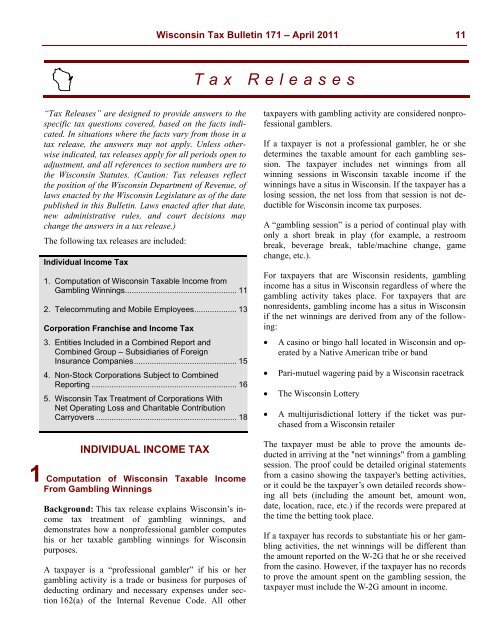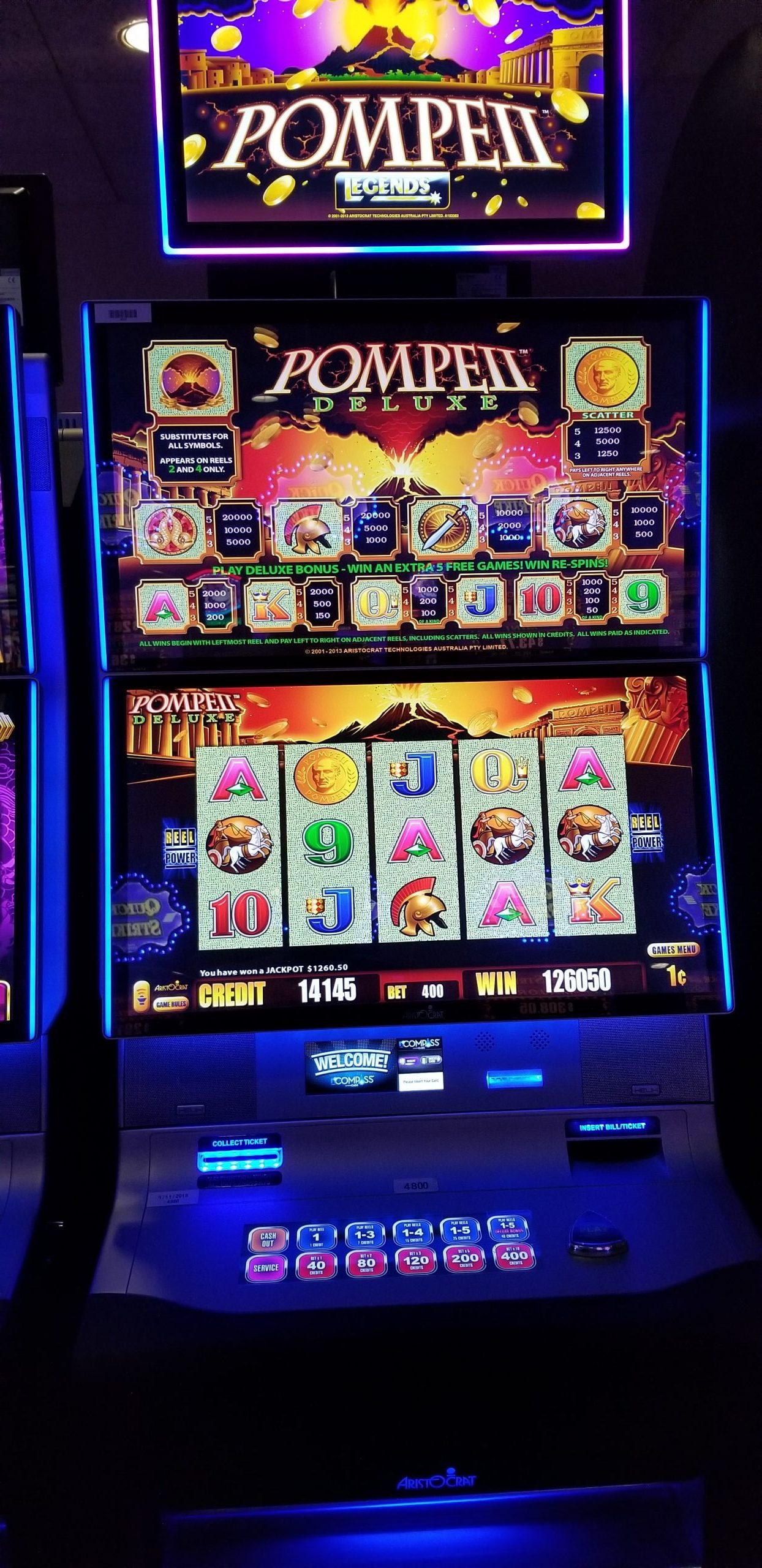Gambling In Wisconsin
March is Problem Gambling Awareness Month
View the proclamation from Governor Evers(PDF)
Gambling disorder is a public health issue affecting many Wisconsin residents of all ages, races, and ethnic backgrounds. People who have a problem with gambling can overcome it.
Frequently asked questions
What is gambling disorder?
Potawatomi Carter Casino Hotel. #14 Best Value in Wisconsin that matches your filters. “We both ate at the bar in the casino and it was pretty darn good considering all the other casinos we have ate at recently, and the area, this was far exceeding expectations.”. The raffle section on average fields over 13,000 inquiries each year regarding licensing, games of chance and other general information. IMPORTANT: ONLINE RAFFLES AND RAFFLE TICKET SALES REMAIN ILLEGAL IN WISCONSIN. PLEASE CLICK HERE FOR MORE DETAILS. SILENT AUCTIONS ARE NOT A RAFFLE AND DO NOT FALL UNDER THE SAME GUIDELINES. Ashland Bad River Lodge Casino & Hotel. Near the shore of Lake Superior, you will find the Bad River Lodge & Casino in. Bayfield Legendary Waters Casino. Located on the natural and relaxing setting on the banks of Lake Superior in the. Bowler North Star Mohican Casino & Resort. Legalized gambling in Wisconsin has evolved over the last 150 years. Gambling, once completely prohibited, has been allowed in the state since 1965. However, the forms of legal gambling in Wisconsin remain limited to the state-run lottery, raffles, bingo, horserace betting, and tribal casinos.
Gambling disorder–or gambling addiction–includes all gambling behavior patterns that compromise, disrupt or damage personal, family, or vocational pursuits. The essential features of problem gambling are increasing preoccupation with gambling, a need to bet more money more frequently, restlessness or irritability when attempting to stop, “chasing” losses, and loss of control manifested by continuation of the gambling behavior in spite of mounting, serious, negative consequences. In extreme cases, problem gambling can result in financial ruin, legal problems, loss of career and family, or even suicide.
Visit the American Psychiatric Association's website for more information.
Isn't gambling disorder just a financial problem?
No. Gambling disorder is an emotional problem that has financial consequences. If you pay all of a problem gambler’s debts, the person will still be a problem gambler. The real problem is that they have an uncontrollable obsession with gambling

What kind of people develop a gambling disorder?
Anyone who gambles can develop problems if they are not aware of the risks and do not gamble responsibly. When gambling behavior interferes with finances, relationships and the workplace, a serious problem already exists.
How can a person be addicted to something that isn't a substance?

Gambling In Wisconsin
Although no substance is ingested, the problem gambler gets the same effect from gambling as someone else might get from taking a drug or drinking alcohol. The gambling alters the person’s mood and the gambler keeps repeating the behavior attempting to achieve that same effect. But just as tolerance develops to drugs or alcohol, the gambler finds that it takes more and more of the gambling experience to achieve the same emotional effect as before. This creates an increased craving for the activity and the gambler finds they have less and less ability to resist as the craving grows in intensity and frequency.
How much money do you have to lose before gambling becomes a problem?
The amount of money lost or won does not determine when gambling becomes a problem. Gambling becomes a problem when it causes a negative impact on any area of the individual’s life.
Learn the warning signs of a gambling disorder. Take this quiz.

- Do you or a loved one feel the need to gamble with increasing amounts of money for excitement?
- Do you or a loved one feel restless or irritable when trying to stop gambling or trying to gamble less?
- Have you or a loved one tried repeated unsuccessful efforts to control, cut back on, or stop gambling?
- Do you or a loved one have frequent thoughts about gambling (such as reliving past gambling experiences, planning the next gambling venture, thinking of ways to get money to gamble)?
- Do you or a loved one turn to gambling when feeling distressed?
- If you or a loved one losses money gambling, do you/they return to try to get even with the loss?
- Have you or a loved one ever lied to conceal gambling activity?
- Are you or a loved one risking losing a relationship, job, or other opportunity because of gambling?
- Do you or a loved one relay on others to help with money problems caused by gambling?
This self-assessment is not a diagnosis and does not replace a face-to-face evaluation with a trained clinical professional.
- If you answered no to all of these questions, it is unlikely that you or someone you know is suffering from a gambling problem.
- If you answered yes to one or two of these questions, you or someone you know may be at risk for developing a problem with gambling. Gambling should be fun and affordable. If that line begins to get blurry, seek more information or help.
- If you answered yes to three or four of these questions, you or someone you know may have behaved in ways that could be harmful. Help is available.
- If you answered yes to five or more of these questions, you or someone you know likely is struggling with a serious gambling problem. Help is available.
This self-assessment is based on information provided by the National Council on Problem Gambling.
Responsible gambling tips
- Set limits on time and money
- Never gamble when depressed or under stress
- Keep gambling a social activity
- Know risks before you bet
- Never borrow to play
- Gamble with money set aside for entertainment
- Bet only what you can afford to lose
- Don't chase your losses
- Avoid mixing gambling with alcohol or other substances
Online Gambling In Wisconsin
Have a conversation
Talking with someone about a potential gambling problem can be difficult. Choose the right moment, speak in a caring and understanding tone, and hear what they are saying.
- Tell them you care about them and you're concerned about how they are acting.
- Tell them exactly what they have done that concerns you.
- Tell them how their behavior is affecting other people. Be specific.
- Be clear about what you expect from them ('I want you to talk to someone about your gambling.') and what they can expect from you ('I won't cover for you anymore.')
- After you've told them what you've seen and how you feel, allow them to respond. Listen with a non-judgmental attitude.
- Let them know you are willing to help, but don't try to counsel them yourself.
- Give them information, not advice.
- Encourage them to call Wisconsin's free helpline: 800-GAMBLE-5 or 800-426-2535.
Need help?
Call 800-GAMBLE-5 or 800-426-2535. This service is available 24/7. The call is free and confidential.
The Wisconsin Council on Problem Gambling provides gambling disorder education, awareness, and resources.
Related pages
Map showing casino locations in Wisconsin
Detailed map showing the location of all casinos in Wisconsin with pictures, gambling information, RV Park locations and golf courses near casinos.
View Wisconsin Casino Guide in a larger map
Wisconsin Casino Map Index
| Casino | City | RV | Hotel | Pic | Golf | Poker | Size SF | Slots | Promos | Type |
| Ho-Chunk | Baraboo | Yes | 94,500 | |||||||
| Legendary Waters | Bayfield | Yes | 300 | Casino | ||||||
| Black River | Black River Falls | Yes | 37,000 | |||||||
| North Star | Bowler | Yes | 1,250 | Casino | ||||||
| Carter | Carter | Yes | 25,000 | |||||||
| Mole Lake | Crandon | Yes | 500 | Casino | ||||||
| St. Croix Danbury | Danbury | Yes | 40,000 | |||||||
| Oneida | Green Bay | 850 | Casino | |||||||
| Oneida Mason | Green Bay | 34,500 | ||||||||
| LCO | Hayward | Yes | Yes | 650 | Casino | |||||
| Menominee | Keshena | Yes | 33,000 | |||||||
| Lake of the Torches | Lac Du Flambeau | Yes | 850 | Casino | ||||||
| Dejope | Madison | 23,000 | ||||||||
| Milwaukee | Milwaukee | Yes | 3,100 | Casino | ||||||
| Rainbow Casino | Nekoosa | 17,000 | ||||||||
| Bad River | Odanah | Yes | Yes | 475 | Casino | |||||
| Ho-Chunk | Tomah | 2,082 | ||||||||
| St. Croix | Turtle Lake | Yes | Yes | 1,200 | Casino | |||||
| Ho-Chunk | Wittenberg | 11,000 |